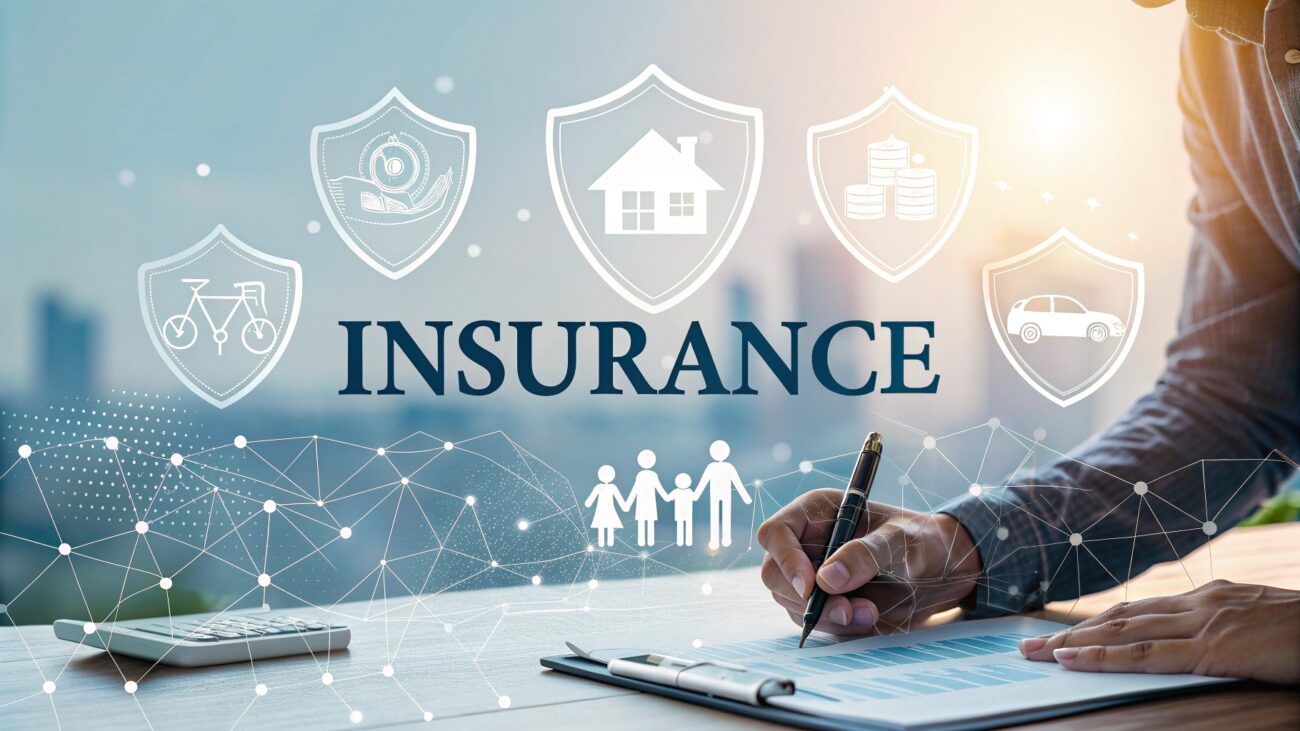Navigating auto insurance laws in New Jersey can feel overwhelming. Whether you’re a new driver or an experienced one, understanding these laws is crucial to protect yourself, your vehicle, and your wallet. In this guide, we’ll break down everything you need to know about NJ auto insurance laws in a straightforward manner.
Understanding New Jersey’s Auto Insurance Requirements
New Jersey operates under a unique auto insurance system that differs from many other states. Below are the key components of NJ auto insurance laws:
1. Basic vs. Standard Insurance
In NJ, you have two main types of auto insurance:
- Basic Auto Insurance: This option is more affordable but offers limited coverage. It includes:
- Liability coverage: $15,000 for injury/death to one person, $30,000 for multiple injuries, and $5,000 for property damage.
- Personal Injury Protection (PIP): Covers medical expenses regardless of fault.
- Standard Auto Insurance: Provides more comprehensive coverage, including:
- Higher liability limits.
- Coverage for uninsured and underinsured motorists.
- Additional benefits like rental reimbursement.
2. Liability Requirements
All drivers must carry minimum liability coverage. New Jersey imposes strict penalties for not maintaining insurance, including fines and potential license suspension.
PIP and No-Fault Insurance
New Jersey operates under a “no-fault” insurance system, which means:
- Drivers seek compensation for their medical bills from their own insurance company, regardless of who caused the accident.
- PIP coverage is mandatory and includes various costs like medical treatment and rehabilitation.
What to Know About Uninsured Motorists
NJ law requires you to have coverage for uninsured and underinsured motorists. Here’s why it’s essential:
- Protects you from losses if you’re in an accident with a driver who lacks sufficient insurance.
- Coverage will help cover medical costs and vehicle damage.
Discounts and Savings
Auto insurance can be expensive, but NJ offers several discounts that can help reduce your premium:
- Good driver discounts.
- Bundling your auto and home insurance.
- Completion of a defensive driving course.
Always ask your insurer about available discounts when shopping for policies.
Choosing the Right Insurance Company
When selecting an insurance provider in NJ, consider the following:
- Customer service ratings and reviews.
- Financial stability and claim settlement ratios.
- Availability of personalized coverage options.
Frequently Asked Questions
What happens if I don’t have auto insurance in NJ?
Driving without insurance can lead to significant penalties, including fines, community service, and even jail time.
Can I switch my auto insurance policy anytime?
Yes, you’re free to switch your insurance provider. However, ensure there’s no lapse in coverage to avoid penalties.
Conclusion
Understanding NJ auto insurance laws is essential for safeguarding your interests on the road. Keep in mind the types of coverage available, your obligations as a driver, and the importance of selecting the right insurance plan. By doing your homework, you can ensure you’re fully protected and perhaps save some money along the way.
If you’re looking for quotes or further assistance, New Jersey’s Department of Banking and Insurance offers resources and information to help you navigate your options.
